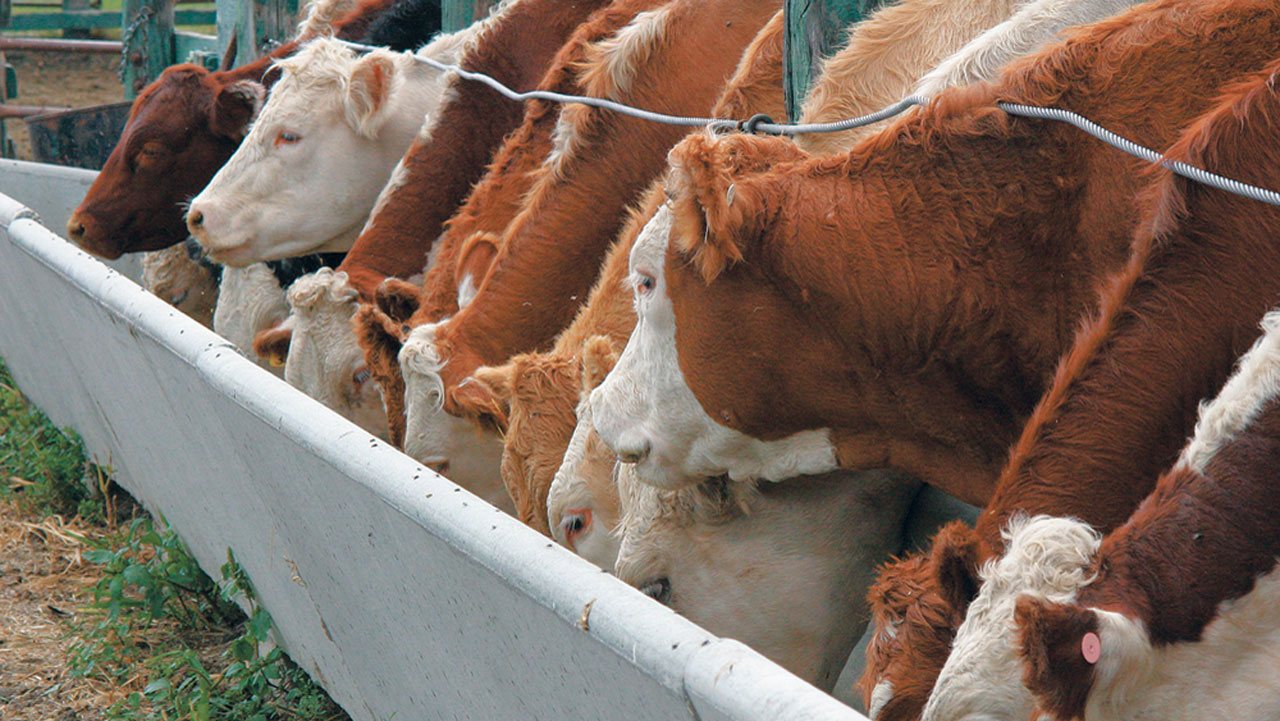Agricon West Africa Limited is reshaping the narrative of agricultural processing in Nigeria by harnessing gas-powered energy to drive its rice production ambitions.
Despite the challenges of unstable grid supply, the company is demonstrating resilience and innovation in a sector often constrained by unreliable power.
With a 240-ton-per-day parboiling capacity, the company said it has aligned its operations with government policies promoting self-sufficiency in food production. Agricon entered Nigeria’s agricultural space with a bold mission: to process homegrown rice at scale and reduce the country’s dependence on imports.
However, according to the Plant Manager, Emmanuel Njin, energy posed the biggest challenge from the outset. Initially reliant on diesel generators, the company faced high fuel costs and limited operational efficiency—an all-too-common reality for many Nigerian businesses.
“Running diesel generators was a huge financial burden, responsible for a larger share of running costs but yielding less output,” Njin explained.
Faced with mounting fuel bills and stalled production, management sought a more sustainable and cost-effective energy solution that would ensure stable power, save between 60 and 65 per cent of energy costs, and align with global calls for cleaner energy. This led to the installation of a 1.5MW Jenbacher plant powered by compressed natural gas (CNG).
Compared with diesel, Njin revealed that the gas-powered generator halved fuel consumption while delivering more reliable performance. Beyond economic gains, he added, the environmental impact has also been significant.
“The emission of filtered and clean exhaust gases is another advantage,” he noted.
The plant was delivered in partnership with Clarke Energy, the authorised distributor of Jenbacher gas engines in Nigeria, which handled the front-end engineering design (FEED), commissioning, and ongoing maintenance.
Njin commended Clarke Energy’s responsiveness in servicing the plant before, during, and after maintenance, noting that the solution has freed Agricon from the instability of the national grid while providing a dependable, cost-effective energy lifeline.
Managing Director of Clarke Energy in Sub-Saharan Africa, Yiannis Tsantilas, emphasised the broader significance of food production to national development.
“Food is a fundamental human necessity, essential not only for survival and well-being but also a cornerstone of national security. It underpins economic, social, and political stability across the globe,” he said.
Highlighting rice as a staple for many Nigerians, Tsantilas noted its vital role in providing energy and nutrients for healthy living.
“At Clarke Energy, we believe that resilience in Nigeria’s production processes must include access to reliable, affordable, and cleaner energy alternatives, which is the bedrock of building a sustainable economy.”
He commended Agricon for its commitment to food security, recognising its efforts to deliver nutritious, locally processed food to Nigerian families.
“Their investment in a 1.5MW power plant is a testament to their visionary leadership and commitment to sustainable growth. We are proud to partner with Agricon West Africa Limited to help scale their operations and ensure their lights are always on.”
The switch to gas, according to both companies, aligns with Nigeria’s gradual adoption of natural gas as a transition fuel. With abundant reserves, the Federal Government has encouraged greater gas utilisation to reduce reliance on imported fuel, lower emissions, and strengthen domestic industries.
For Agricon, the move has already paid off. Energy is no longer a constraint but a foundation for growth. The company is now positioned to expand production, reach new markets, and compete globally—all powered by a more reliable and eco-friendly energy source.






